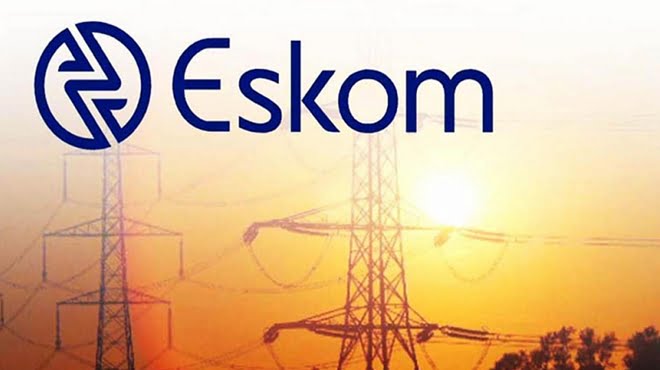The Special Investigating Unit (SIU) is looking into the theft of R170 billion from Eskom
The report stated that of this figure, R139 billion is related to 11 contractors who helped build the Medupi, Kusile, and Ingula power plants.
An “orgy of looting” is suspected in contracts handed out by Eskom – and when combined with other losses due to state capture, the total amount of looting at Eskom could reach R500 billion.
The SIU confirmed it is looking into contractors appointed to build certain Eskom power plants and its investigations are wide-reaching.
Wasted money
With Eskom’s Medupi, Kusile, and Ingula plants costing R334 billion to build, the R139 billion stolen by contractors makes up a large chunk of the total price tag.
The SIU said as part of its investigation it has identified 1,980 employees who failed to declare their interests to Eskom. Additionally, 148 employees are still doing business with Eskom despite a ban by the government.
The report added that the SIU is also investigating high-voltage transmission projects linked to Medupi and Kusile, along with coal-transport contracts with 14 service providers.
Pathetic performance
South Africans will not take comfort in the latest Eskom news, following sustained load-shedding across the country late last year and in early 2019.
This is also not the first time the Medupi and Kusile power stations have made headlines for the wrong reasons.
Minister of Public Enterprises Pravin Gordhan stated in February 2019 that the Medupi and Kusile power stations are continuing to show a lack of reliability and are not contributing meaningfully to the grid.
A review of when these stations will be finished has been instituted, he said, and Eskom will conduct an in-depth audit of the entire power system to ensure technical problems are understood at a granular level.
Split Eskom
In a bid to turn Eskom around, President Cyril Ramaphosa has instructed the company to be split into three units – while at the same time police and intelligence officers will be sent to Eskom power stations to protect them from being sabotaged.
This follows workers unions strongly opposing the proposed split, as they predict it will lead to job losses.
A split may be inevitable, however, as Eskom is on an unsustainable path due to its huge debt levels.
With a debt burden which already exceeds R400 billion, the company is technically bankrupt and is seen as the single biggest risk to South Africa’s economy.
Price hike
Compounding matters for ordinary citizens is that “adding errors and missing emails” could push the price of electricity up by 50% in South Africa.
The City Press reported that energy regulator Nersa has allegedly made several mistakes when it came to Eskom pricing structures, as stated in an application launched in the Pretoria High Court by Eskom.
The amount on the line is R34 billion, added the report.
“Economist Mike Schussler estimates that if the court cases are successful, the price of electricity could rise by as much as 50%,” stated the report.
